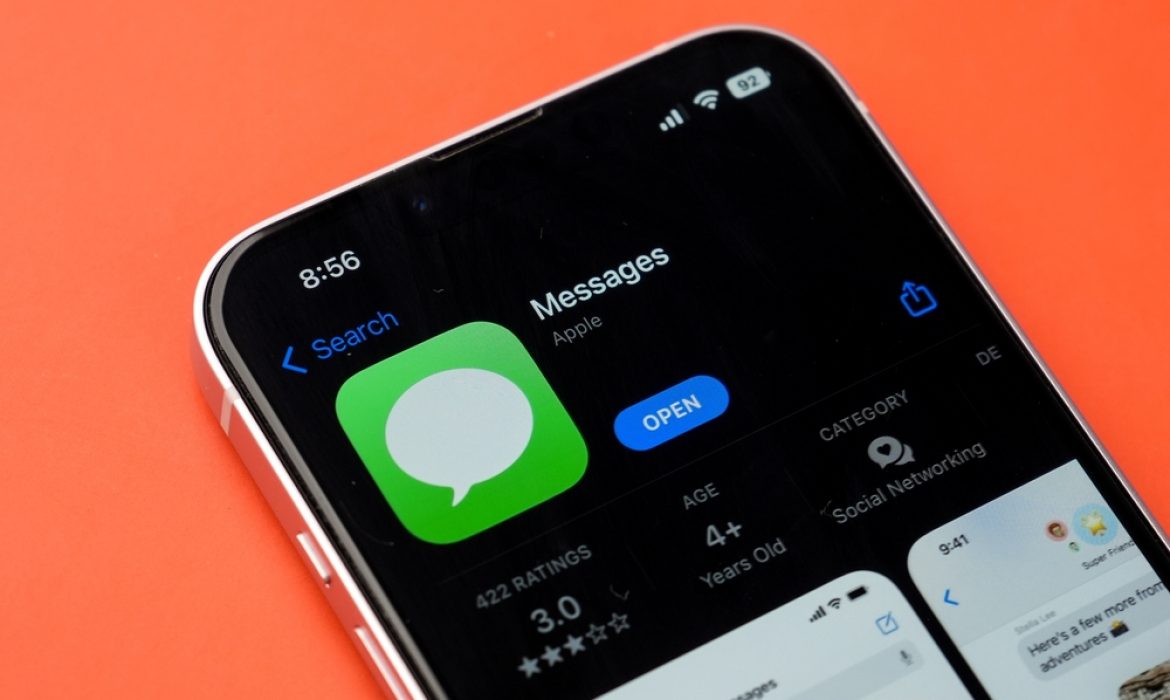Apple has officially declared its adoption of the Rich Communication Services (RCS) messaging standard, signaling a new era of cross-platform communication between iPhone and Android users. Set to be introduced through a software update in the coming year, this decision is seen as a strategic response to increasing pressure from competitors, including Google and Samsung, and in compliance with evolving regulatory expectations.
The RCS implementation aims to enhance compatibility for cross-platform messaging, providing iPhone and Android users with a seamless experience. Apple’s spokesperson emphasized that RCS Universal Profile, endorsed by the GSM Association, would outperform traditional SMS or MMS, offering advanced features such as read notifications, input indicators, high-quality media sharing, and even location sharing within text messages.
While RCS brings a host of iMessage-style features to the Android-iOS messaging landscape, Apple reassures its users that iMessage isn’t going anywhere. It will persist as the primary messaging platform for iPhone users, ensuring a secure and encrypted communication environment.
Despite the integration of RCS, Apple highlights the unmatched security of iMessage, boasting end-to-end encryption and reinforced data protection for messages stored in iCloud. The decision to keep iMessage separate from RCS underlines Apple’s commitment to maintaining the integrity of its proprietary messaging platform.
The implementation of RCS by Apple follows years of resistance, with CEO Tim Cook denying any plans for RCS support in 2022. However, it appears external factors, including pressure from competitors and potential regulatory implications, may have influenced the company’s change of heart.
Apple acknowledges the collaborative effort needed to enhance the RCS protocol, expressing a commitment to working with GSMA members to bolster security and encryption measures.
As of 2024, Apple users can anticipate a new era of messaging, fostering compatibility between iOS and Android devices while preserving the security and integrity of iMessage. This move is expected to resolve the longstanding conflict between the two major mobile operating systems, offering users a unified messaging experience.


